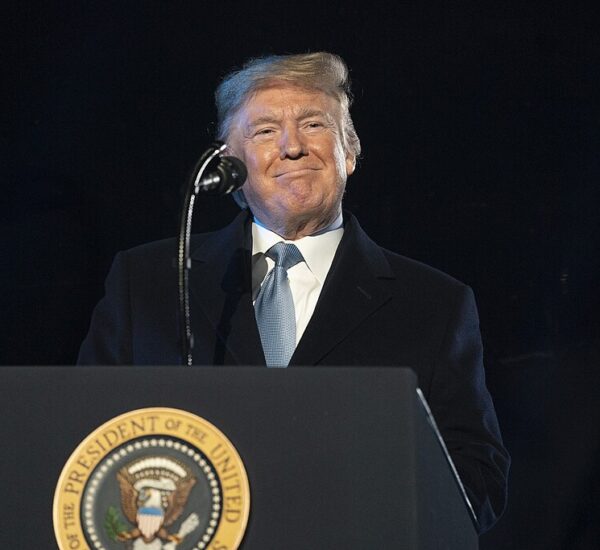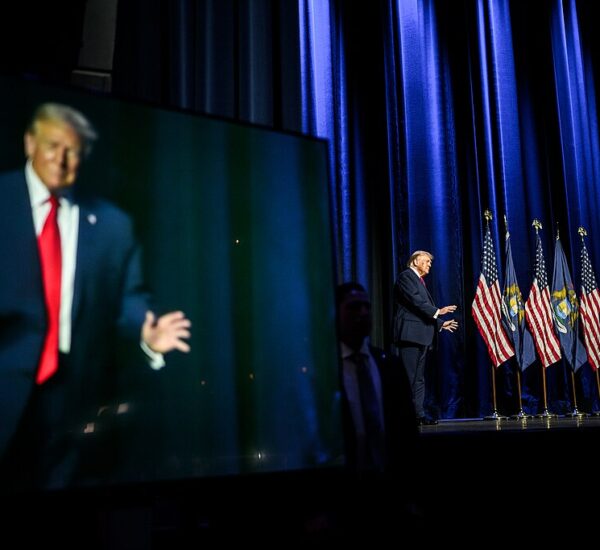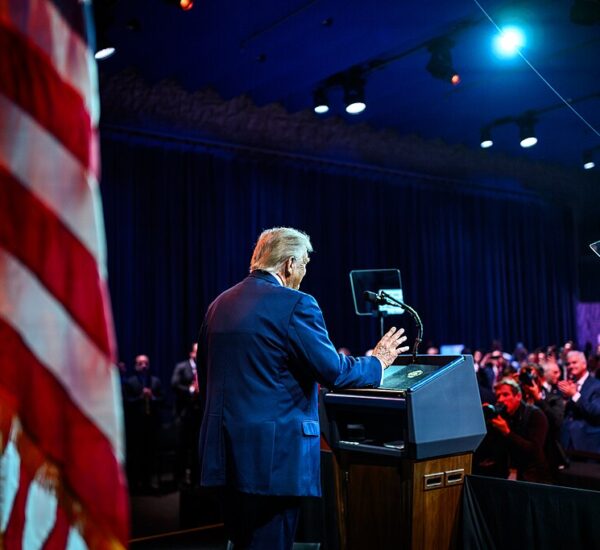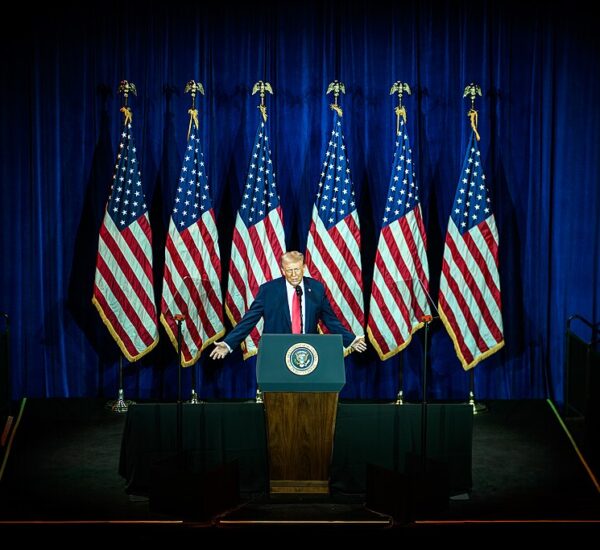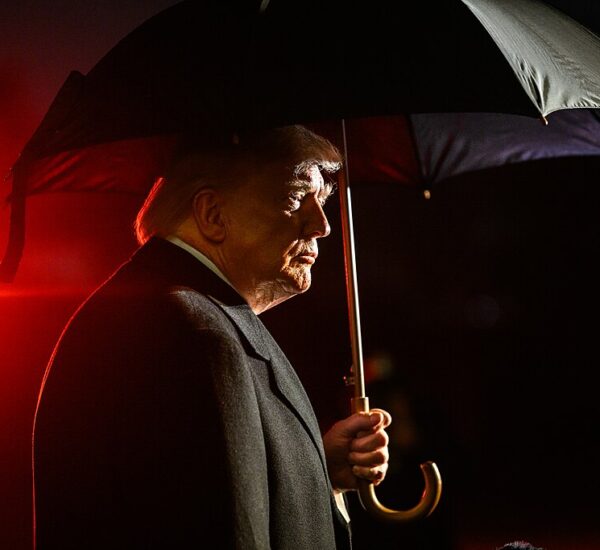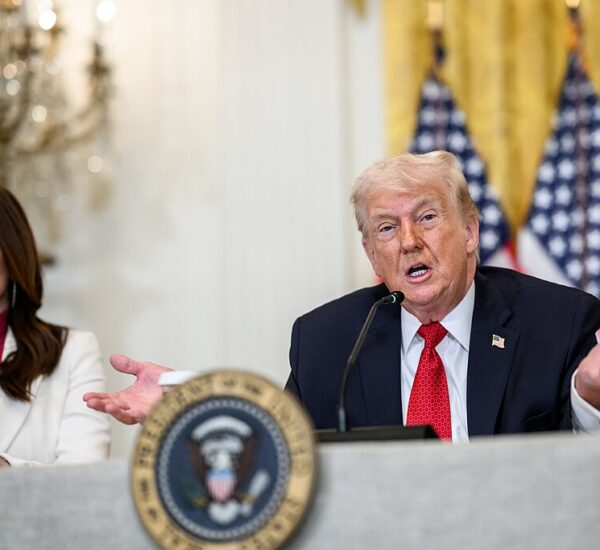Democrats Keep Attacking Hegseth
Defense Secretary Pete Hegseth is under fire from House Democrats after reports surfaced that he used a private encrypted messaging app to coordinate communications surrounding U.S. military airstrikes on the Iran-backed Houthi rebels in Yemen.
At a press briefing on Capitol Hill, Rep. Seth Moulton (D-MA) accused Hegseth of endangering national security and undermining military leadership. Moulton, a member of the House Armed Services Committee, claimed the use of a Signal group chat put “American lives at risk” and sent the wrong message to our men and women in uniform.
“This cheapens the work of our troops and intelligence professionals who put everything on the line every single day,” Moulton said. “It says the rules don’t apply to leadership—and that’s a dangerous precedent.”
Sensitive National Security Info Allegedly Shared in Chat
Reports indicate that the Signal chat included senior figures in the national security and intelligence community—among them Vice President J.D. Vance, National Security Adviser Mike Waltz, DNI Tulsi Gabbard, CIA Director John Ratcliffe, and, surprisingly, Jeffrey Goldberg, editor-in-chief of The Atlantic.
Goldberg, a media figure with a track record of biased reporting, allegedly remained in the chat for days without detection—potentially viewing privileged military information related to the Yemen operation.
This revelation has sparked outrage from Democrat leaders, with some calling for both Hegseth and Waltz to resign over what they describe as a Pentagon security failure.
“If a junior private had done what Secretary Hegseth did, they’d be fired, stripped of clearance, and likely prosecuted,” Moulton argued.
Hegseth Responds: “No War Plans Were Shared”
In response to the media firestorm, Secretary Hegseth strongly denied the accusations. He clarified that no classified war plans were shared and criticized Goldberg’s reporting as dishonest and politically motivated.
“Nobody was texting war plans. That’s all I have to say about that,” Hegseth told reporters.
He went further, blasting Goldberg as “a deceitful and discredited so-called journalist who’s been pushing hoaxes for years.”
President Trump Weighs In: “This Was Just a Glitch”
President Donald J. Trump, speaking to NBC News’ Garrett Haake, dismissed the incident as a minor hiccup.
“Michael Waltz is a good man. He’s learned a lesson. This was a glitch—our only one in two months—and it had no impact on the airstrikes,” Trump said confidently.
Trump’s remarks appear to reflect confidence in his national security team, even as critics attempt to paint the issue as a major lapse in judgment.
Democrats Insist Classified Data Was Shared
Despite Hegseth’s reassurances, Moulton and others are doubling down, claiming the chat included classified timing of the airstrike—something that would automatically be considered restricted national security information.
“We already know the time of the attack was in the message. That alone qualifies as classified,” Moulton stated. “You don’t need more than that.”
Congress Launches Inquiry Into Defense Communication Protocols
Lawmakers are now preparing to investigate the use of private messaging apps in military decision-making, particularly as it relates to real-time battlefield operations. Gabbard and Ratcliffe faced questions during a Tuesday hearing, and more defense leaders are expected to testify in the coming days.
This controversy is shaping up to be yet another political flashpoint in Washington, with Democrats seeking to paint Trump-era military leadership as reckless—even as the facts remain in dispute.
Bottom Line for Conservatives
At its core, this is yet another example of how the mainstream media and liberal politicians use selective outrage to attack Trump-aligned leaders, even when no real harm was done. As patriots who care about strong national defense, we must ask whether this incident is truly a scandal—or just another smear campaign designed to discredit those who challenge the status quo in Washington.

